Griffith
The Griffith Regional Hub encompasses some of the most diverse ecological and economic landscapes across the basin.
The hub provides local communities, businesses and governments the opportunity to understand key vulnerabilities of the region, and supports the community to identify targeted solutions for the effective adaptation to the impacts of climate change.
Key challenges for this region is the impact of drought on the ecological health of the river systems and associated riparian areas, industry, and the communities they support.
Griffith projects
View AllCitizen science: Integrating community groups into basin-scale fish tagging and...
This citizen science project aims to demonstrate that communities can be involved in scientific research – specifically fish tagging – and to empower communities to contribute to conservation efforts.
Read More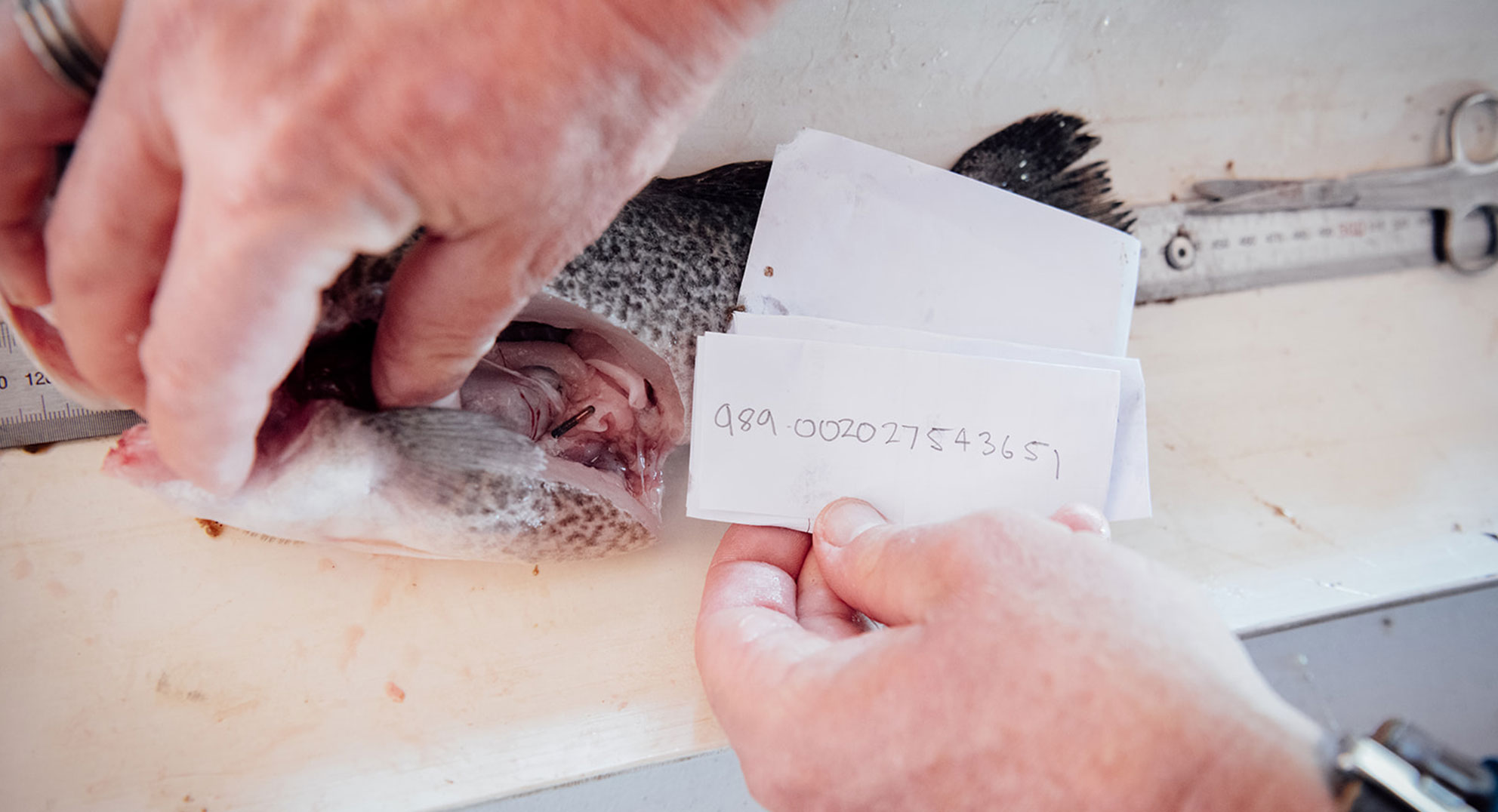
Unlocking collaborations for transformation: Towards a platform for data and...
Future governance for water limited communities
Griffith updates
View allGriffith Hub laying the foundation for long-term goals
Read More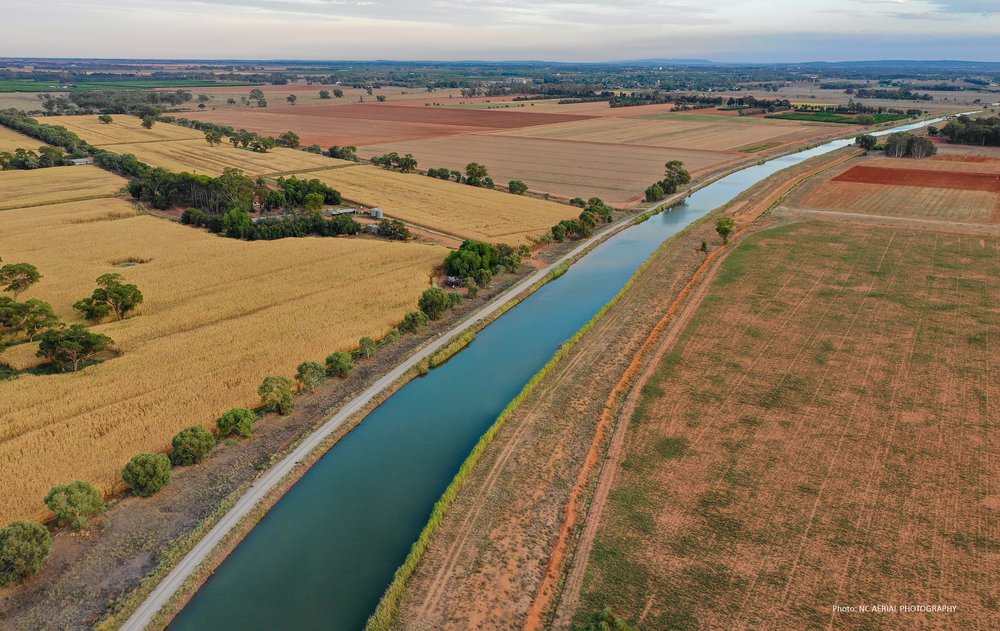
‘Filling a giant jigsaw’: How citizen science could boost dataflows on native fish and ecological outlooks
Read More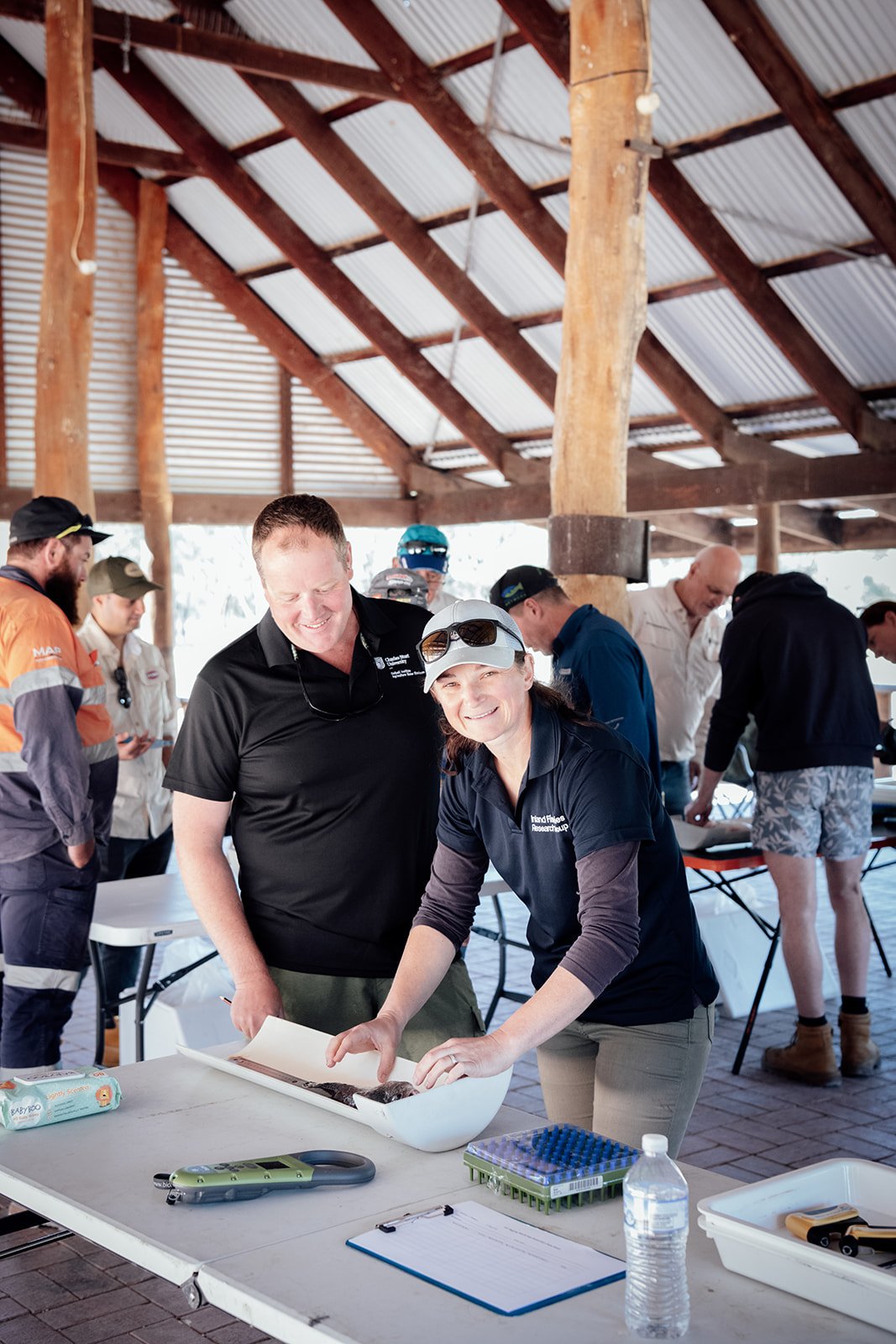
Webinar recording: Integrating citizen scientists into fish tagging programs in the Murray-Darling Basin
Read More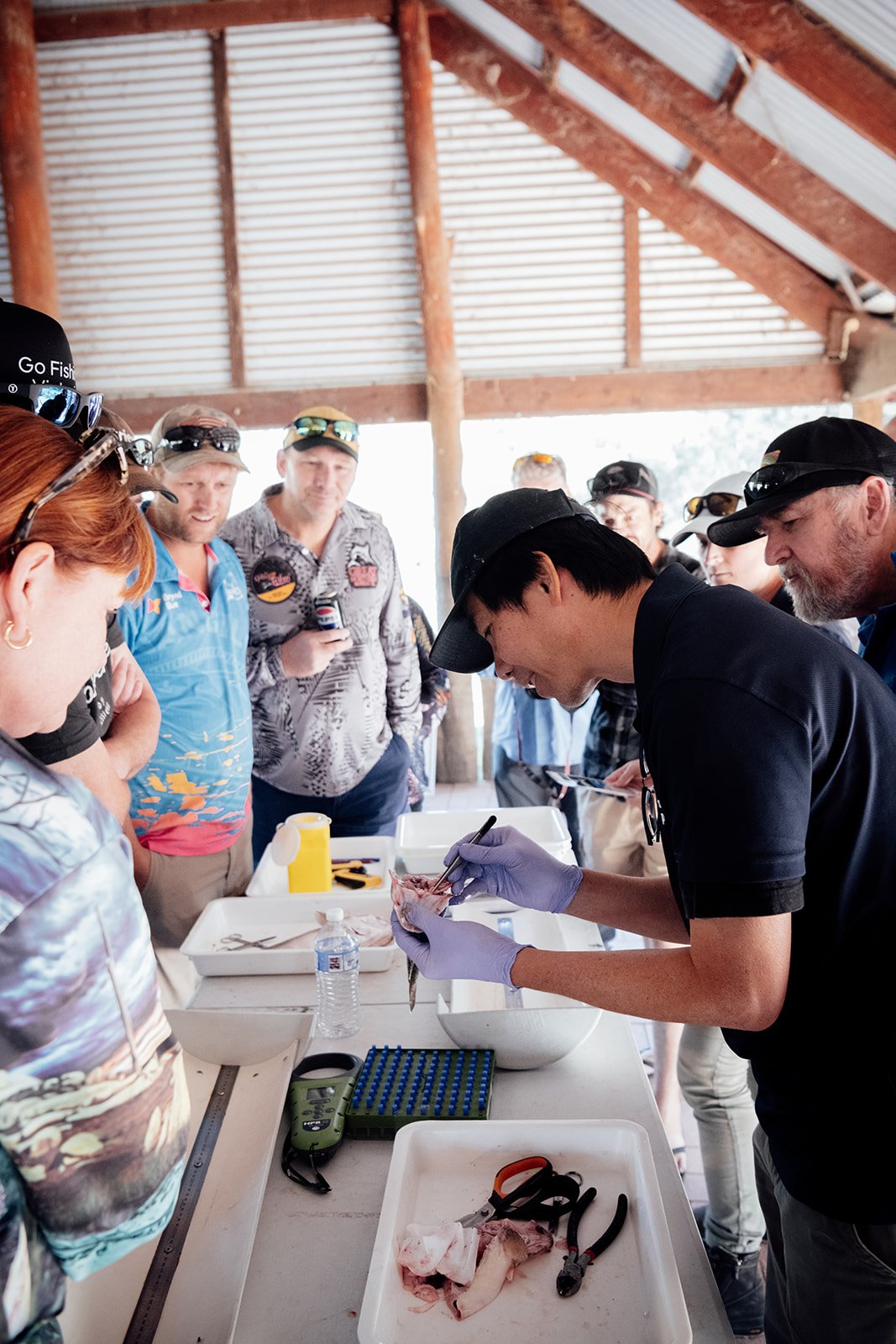
How a broader view of water deliveries ‘beyond the banks’ will inform planning for the common good
Read More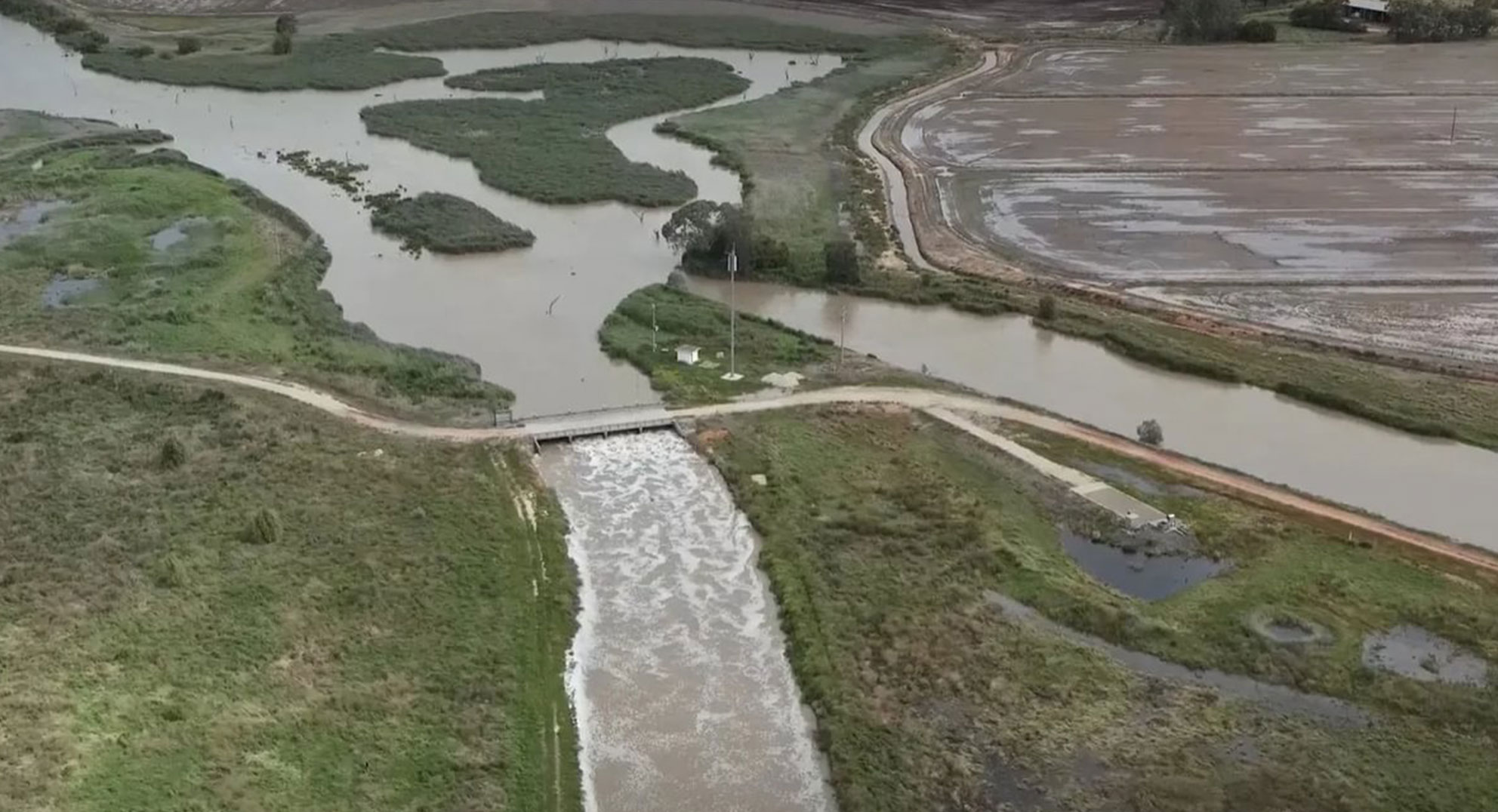
Where we are
Located in New South Wales, our Griffith Hub is headquartered with Murrumbidgee Irrigation in the Riverina. Incorporating areas of the third and fourth longest rivers in Australia, the hub covers a region with diverse landscapes of significance, from the hills of the Great Dividing Range in the east, out to the plains in the west.
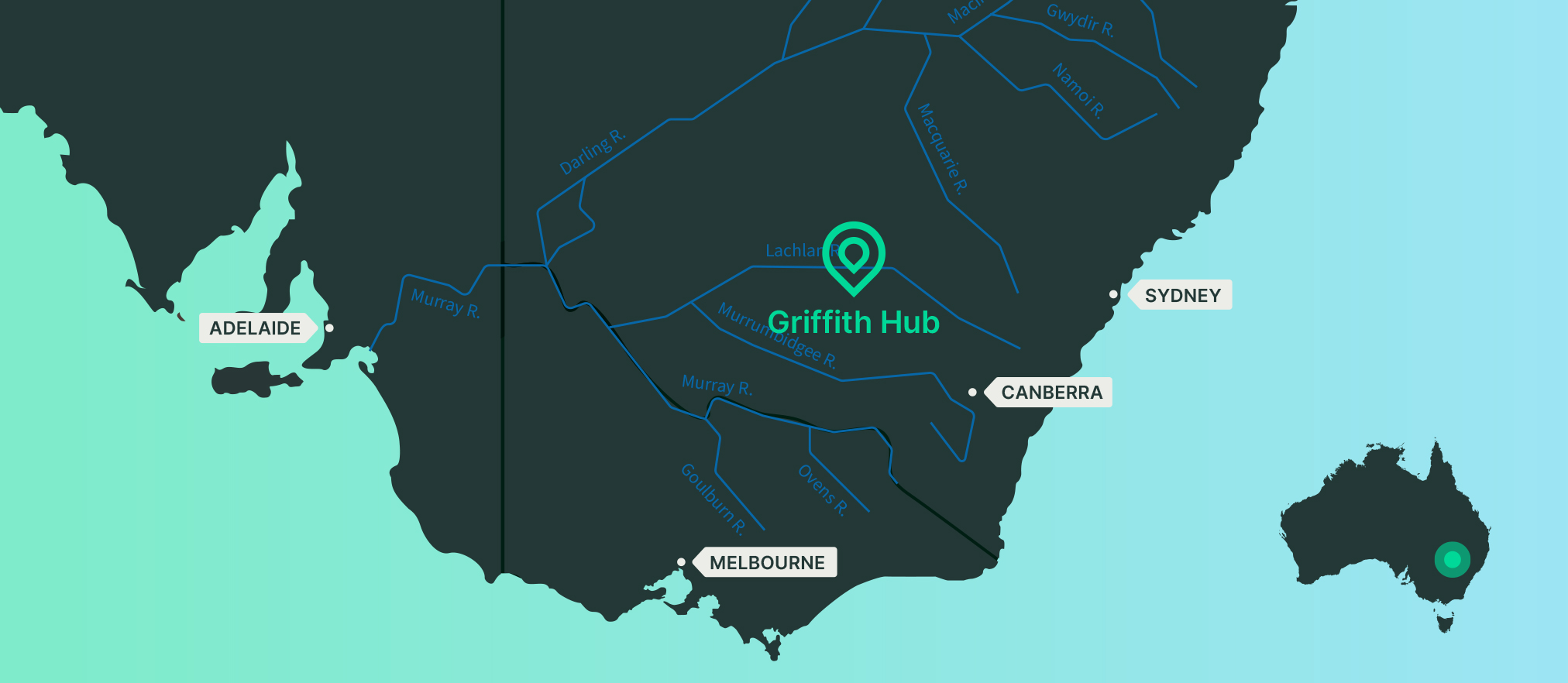
Related information
Contact Griffith Hub
If you have a question, enquiry or are interested in getting involved with the One Basin CRC’s Griffith projects, get in touch with the Griffith Hub.
About the One Basin CRC
We are fostering the collaboration between researchers and industry to address significant scientific and technological challenges for the Murray–Darling Basin.
Griffith Hub Strategy
The Hub Strategy sets our vision and priorities to ensure a thriving Griffith Hub
About
Located in New South Wales, our GriffithHub is headquartered with Murrumbidgee Irrigation in the Riverina. The area has a strong research presence with both Charles Sturt University and the Australian National University having campuses in the hub region.
The Griffith Hub provides the opportunity for local communities, business, industries and governments to understand key vulnerabilities of the region in detail, offering information and knowledge to support the community to identify targeted solutions for effective adaptation to the impacts of climate change.
About the region
The region has a population of approximately 600,000, with Canberra located in the top of the Murrumbidgee catchment, and other major regional centres including Wagga Wagga, Cooma, Griffith, Leeton, Cowra, Parkes and Forbes. The traditional people of the region come from 10 different nations, with the largest being the Wiradjuri nation.
The region has a history of adapting to variation in water availability (such as the changes in the rice growing practices to increase water use efficiency).
Future challenges for the region relate primarily to the impact of drought upon the ecological health of the river systems and associated riparian areas, industry (including agriculture) and the communities that they support.
The value of water to the region
The Snowy Mountains Scheme is located in the region, and diverts water from the Snowy, Eucumbene and upper Murrumbidgee Rivers to the Murray and mid-lower Murrumbidgee Rivers, increasing the amount of water available for agriculture. The scheme is also a significant source of renewable energy, and this will increase with Snowy 2.0.
Surface water and groundwater resources in the region directly provide for urban populations, stock, domestic supplies and irrigated industries. They support some 25 wetlands of national significance including the Lowbidgee wetlands, Tuckerbill swamp, Fivebough swamp and Cumbung swamp.
Surface water, including Burrinjuck Dam and Blowering Dam, also has significant recreational and tourism value for the local communities and travellers.
Regional economy
The Griffith Hub encompasses regions of the third and fourth longest rivers in Australia and diverse landscapes, from the hills of the Great Dividing Range in the east, out to the plains in the west. This means land use varies dramatically across the region, from forestry and dryland grazing, to irrigated horticulture, and broad-acre cropping – primarily in the highly productive regions of the Murrumbidgee Irrigation Area and the Coleambally Irrigation Districts. Alogether, the region has an economic output of $21.679 billion – an output that relies significantly on water resources.
Projects
Understanding community-wealth building programs and community readiness to adopt change
The aim of this project is to evaluate selected Community Wealth Building Programs (CWBPs) and social marketing change strategies that organizations could and do use, especially in combination, to engage local communities in transformative thinking.
Read More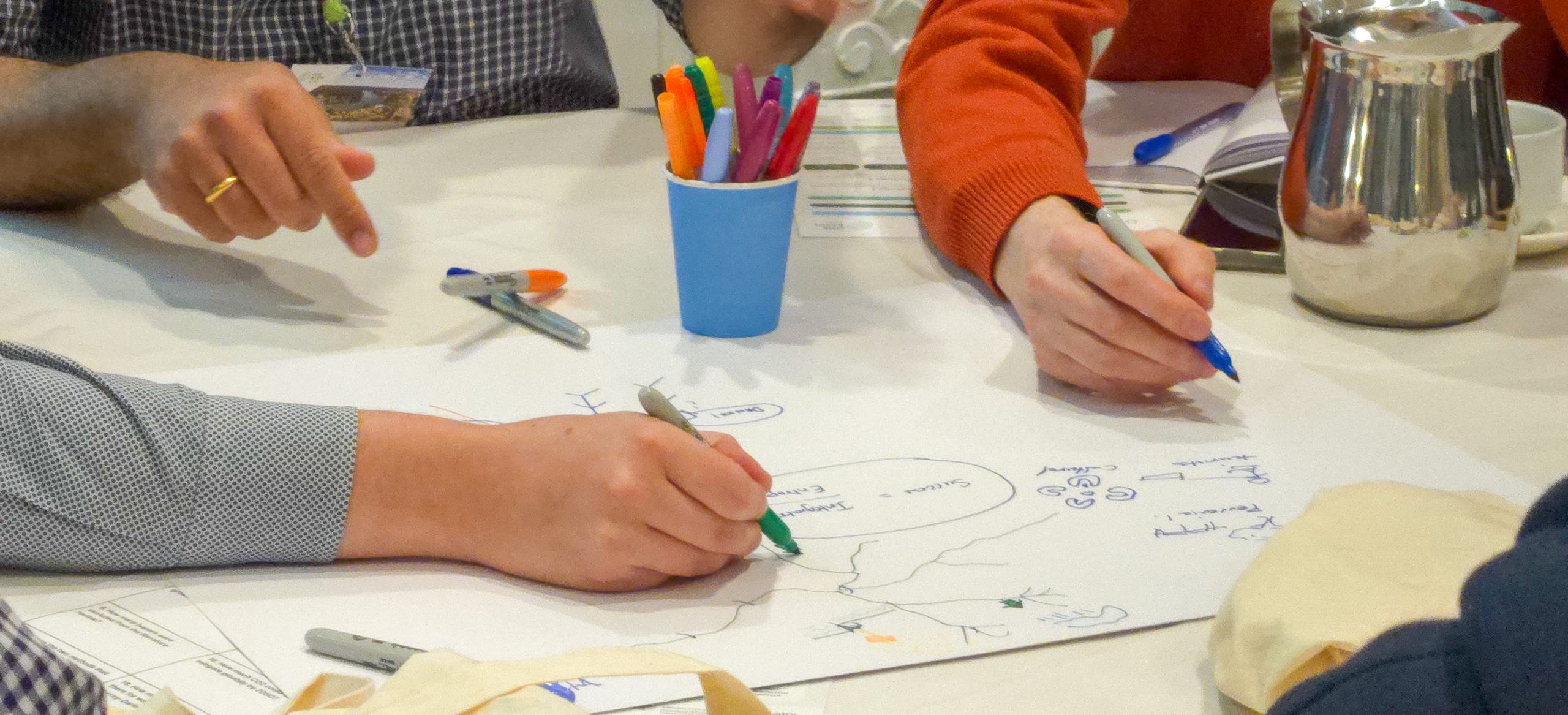
Cyanobacteria toxin uptake in food crops and implications to human...
This project will support sustainable agriculture by exploring toxic cyanobacteria and the health posed when they accumulate in food crops via the use of recycled water for irrigation.
Read More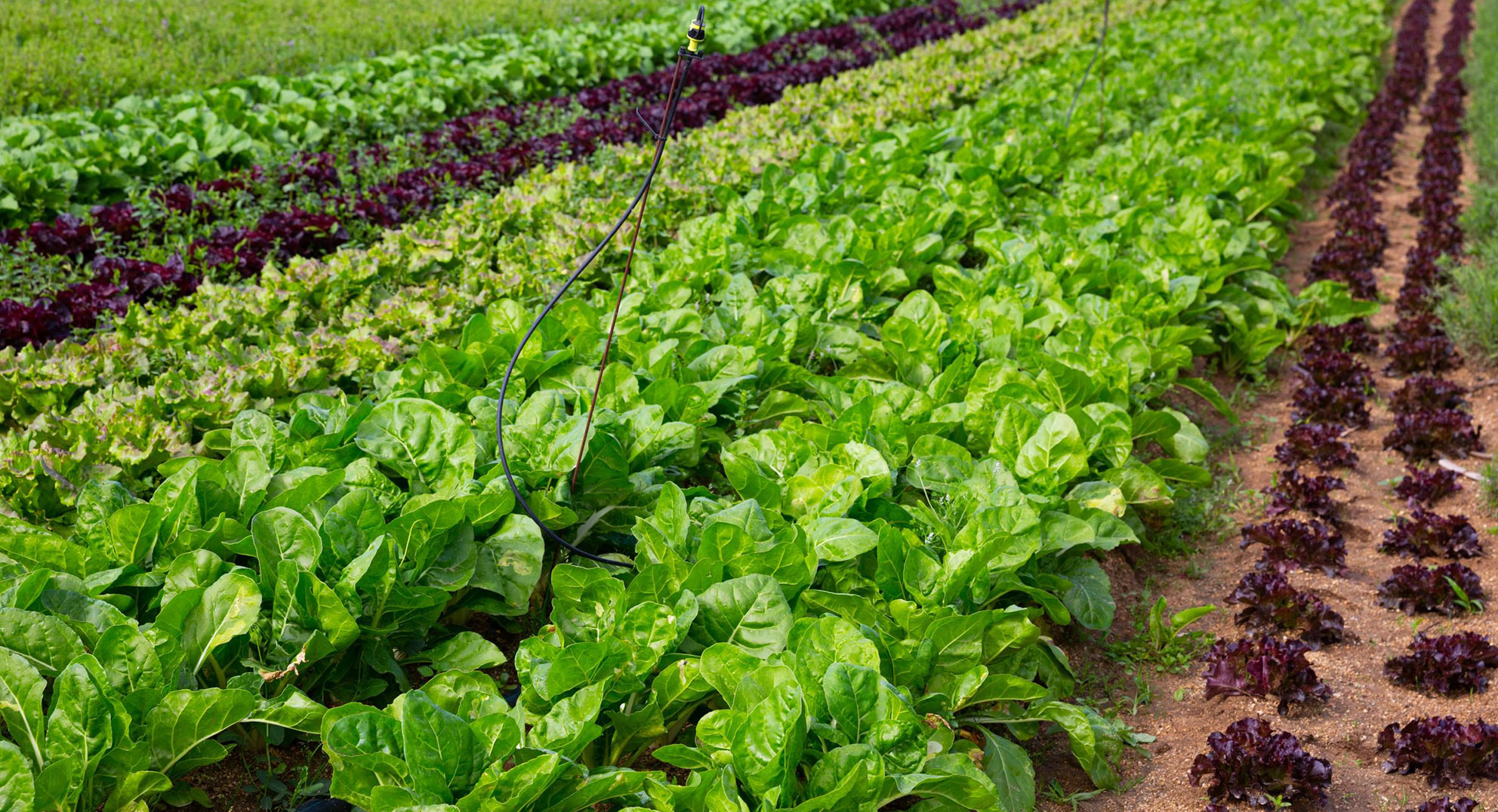
Future governance for water limited communities
This project aims to develop inclusive governance models that incorporate the perspectives and needs of various stakeholders. By building trust and fostering collaboration, the project seeks to create resilient social-ecological systems in the basin.
Read More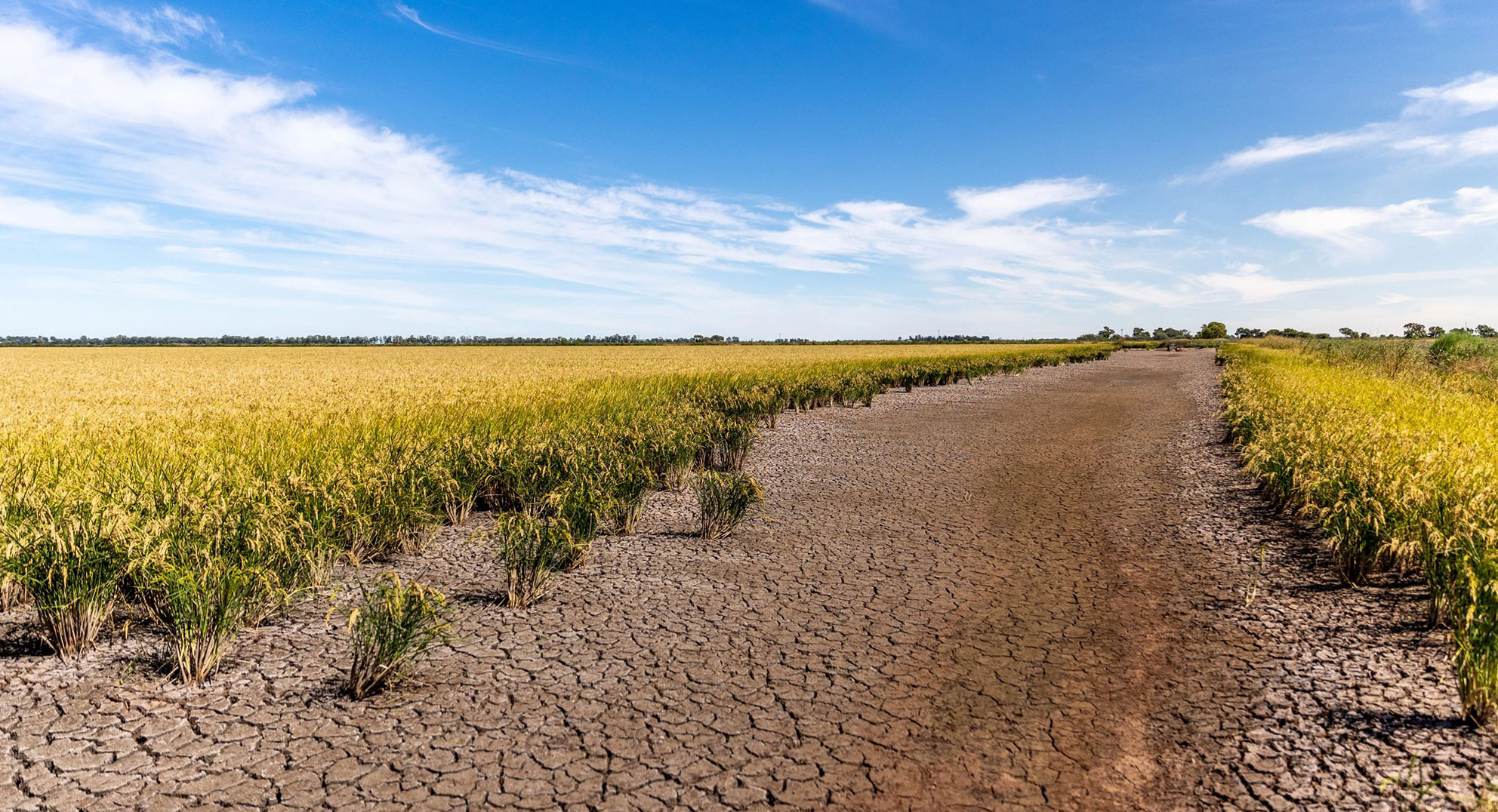
Unlocking collaborations for transformation: Towards a platform for data and...
This project aims to improve climate adaptation strategies by mapping the networks of programs and stakeholders in the Murray–Darling Basin, revolutionising knowledge sharing and decision-making, and ultimately enhancing the region’s resilience and sustainability.
Read More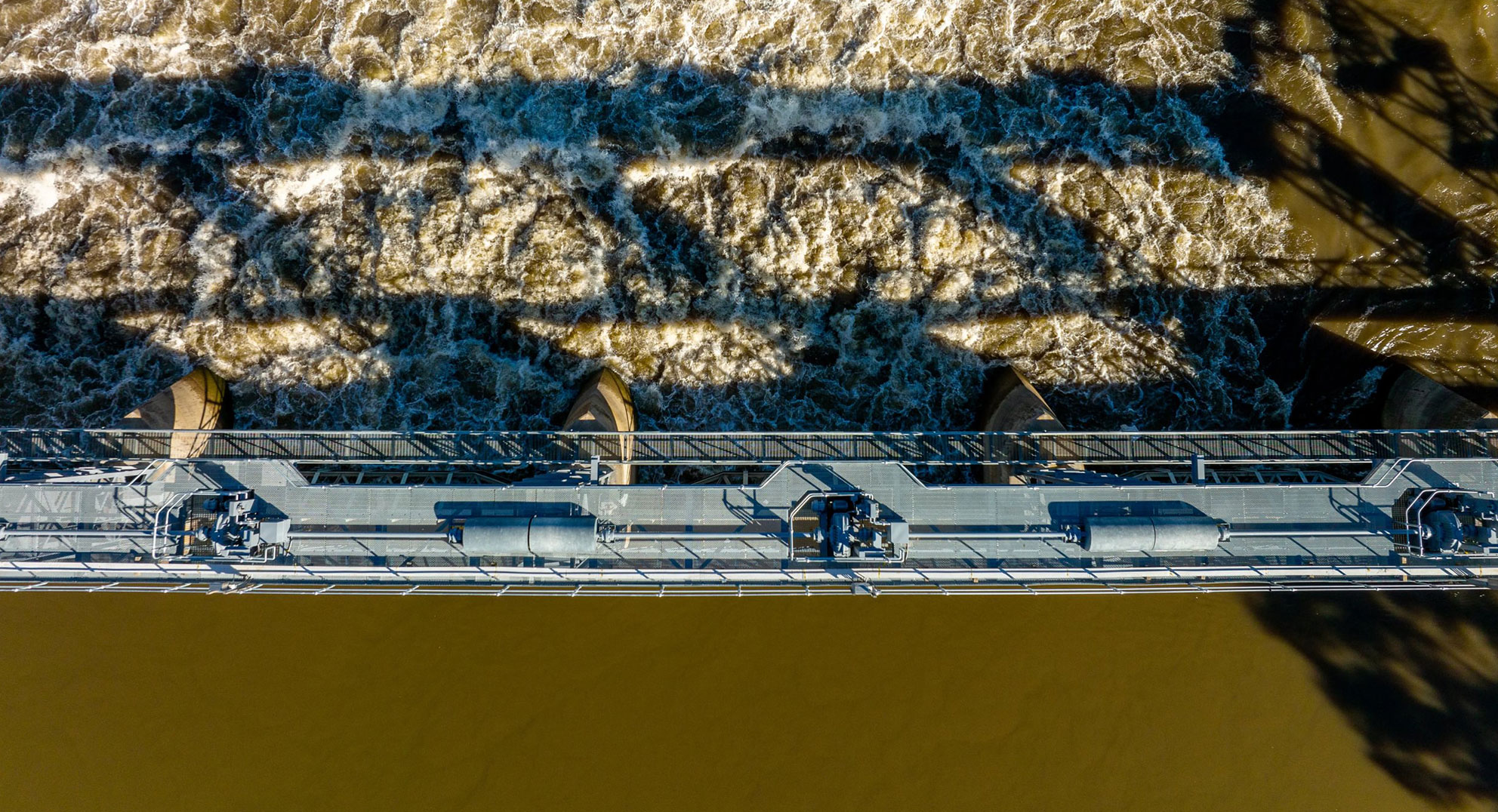
Regional News
Murray Darling Association 2025 National Conference: Griffith drives Basin-wide water collaboration
Read More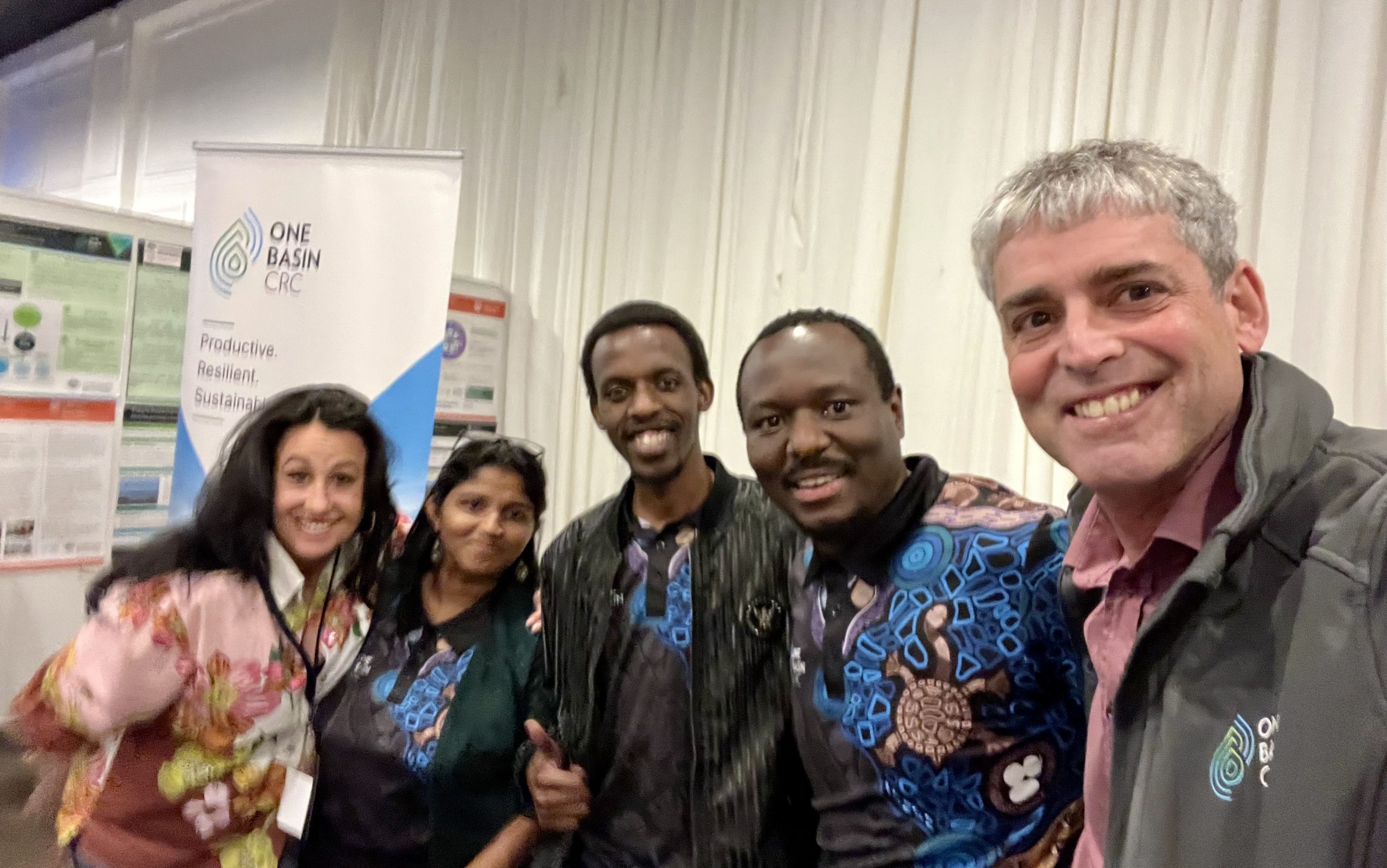
Embedding foresight culture in water policy and drought preparedness for irrigated agriculture
Read More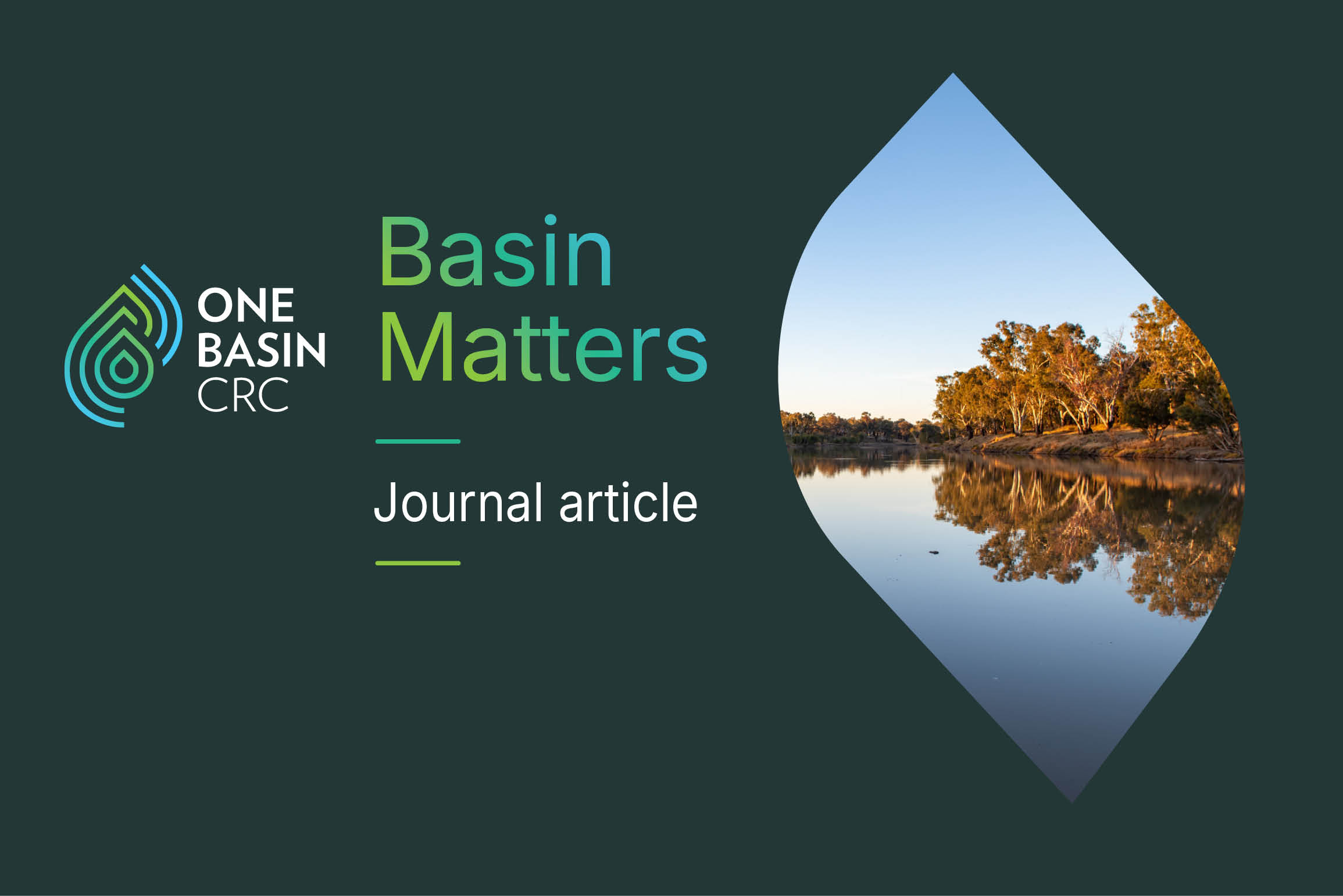
Edwina Hayes appointed Chair of One Basin CRC’s Griffith Hub Regional Advisory Committee (RAC)
Read More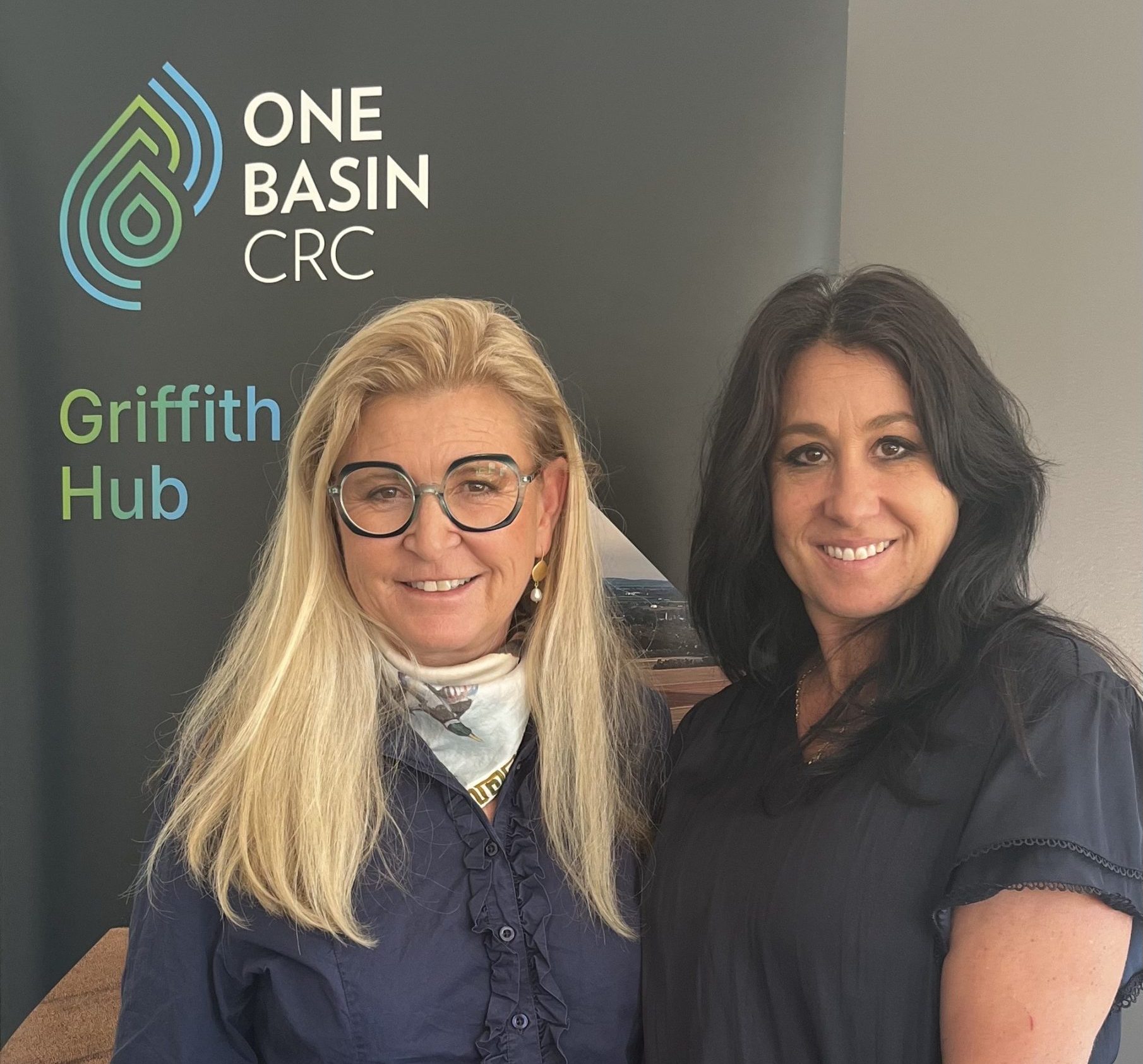
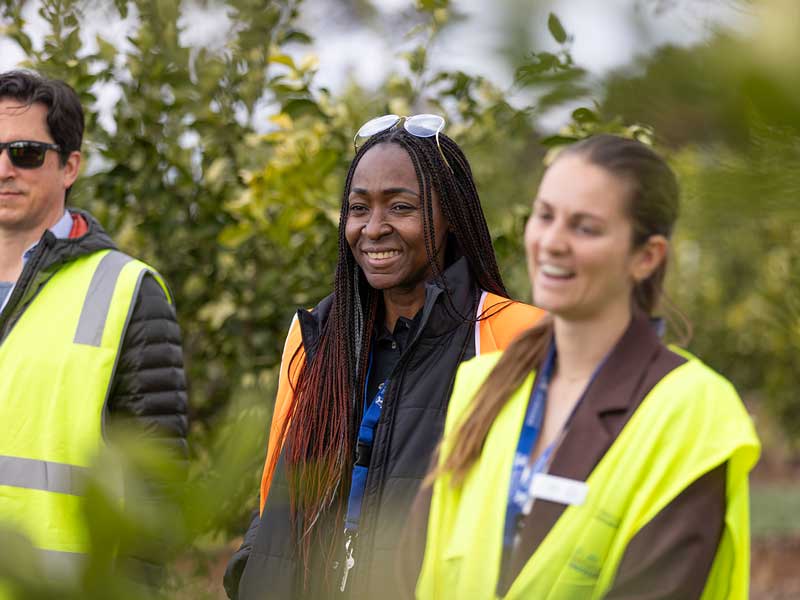
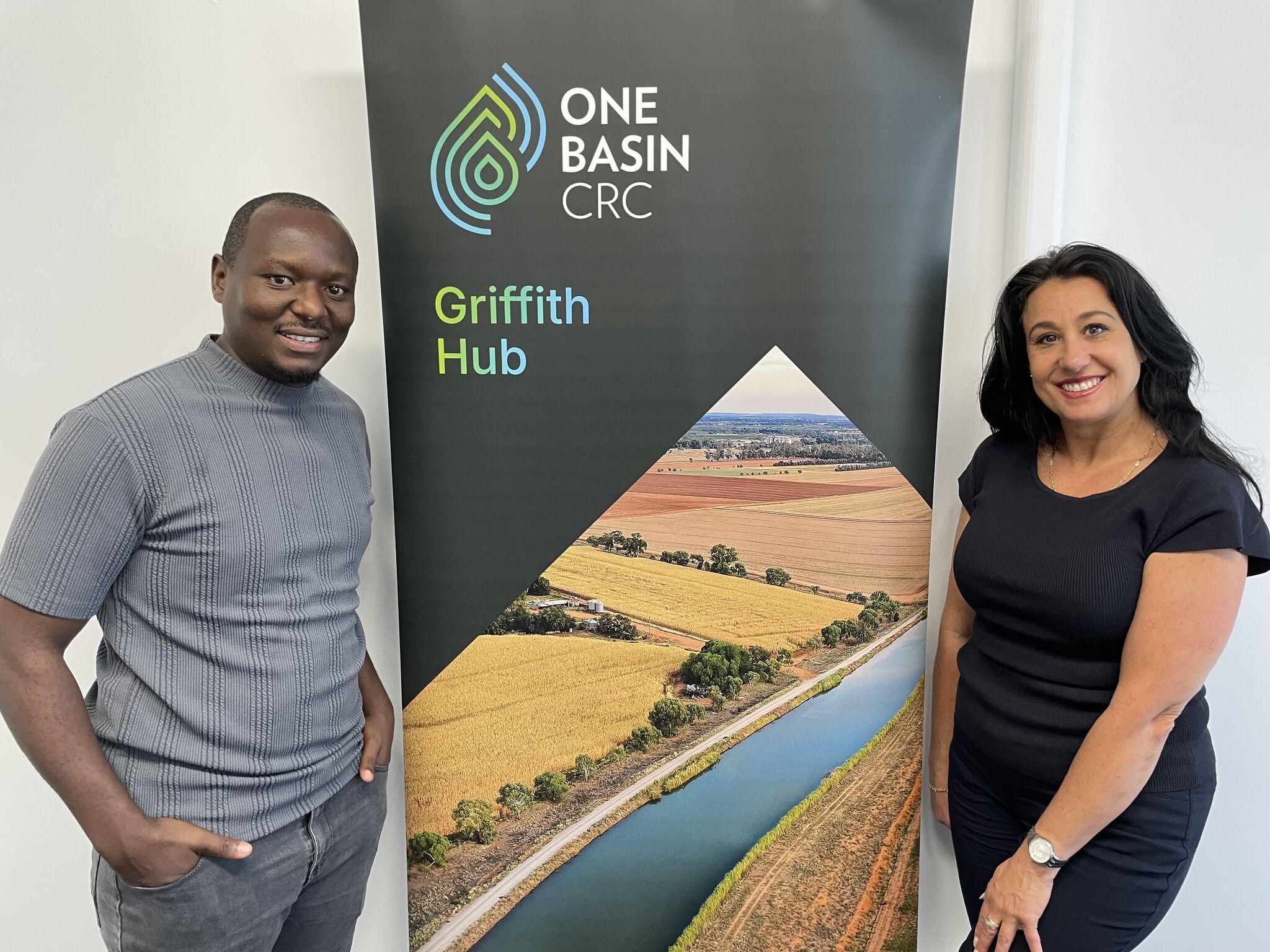
A regional ‘dream team’: the PhD scholars who are bringing world-class research to the banks of the Murray-Darling Basin
Read More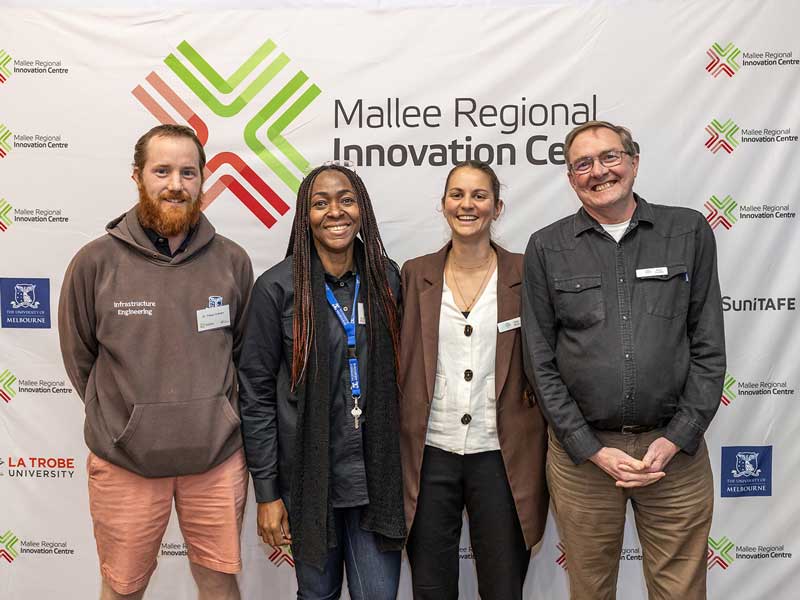

Griffith Hub welcomes First PhD student in needs-based research for Murray-Darling Basin
Read More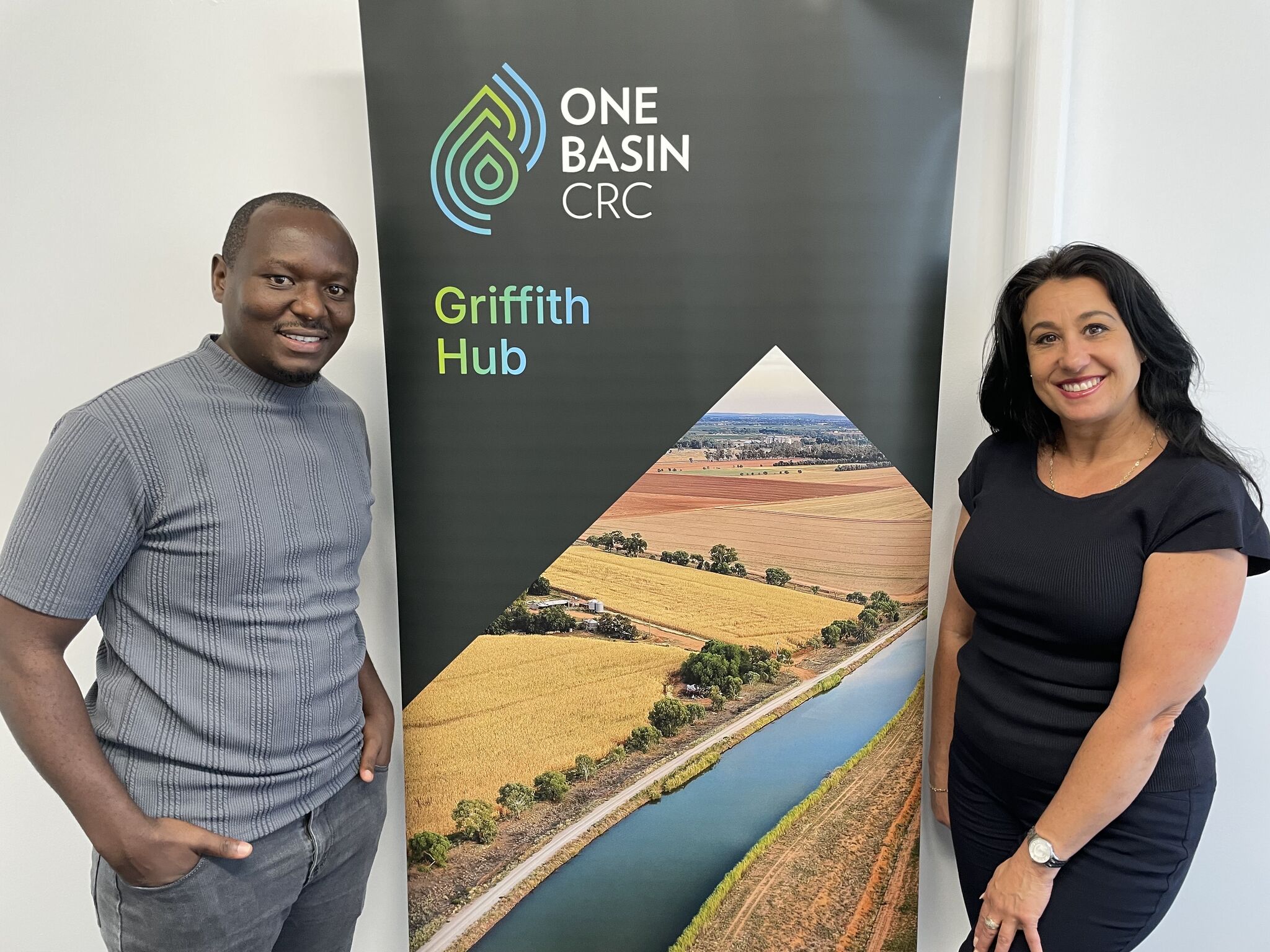
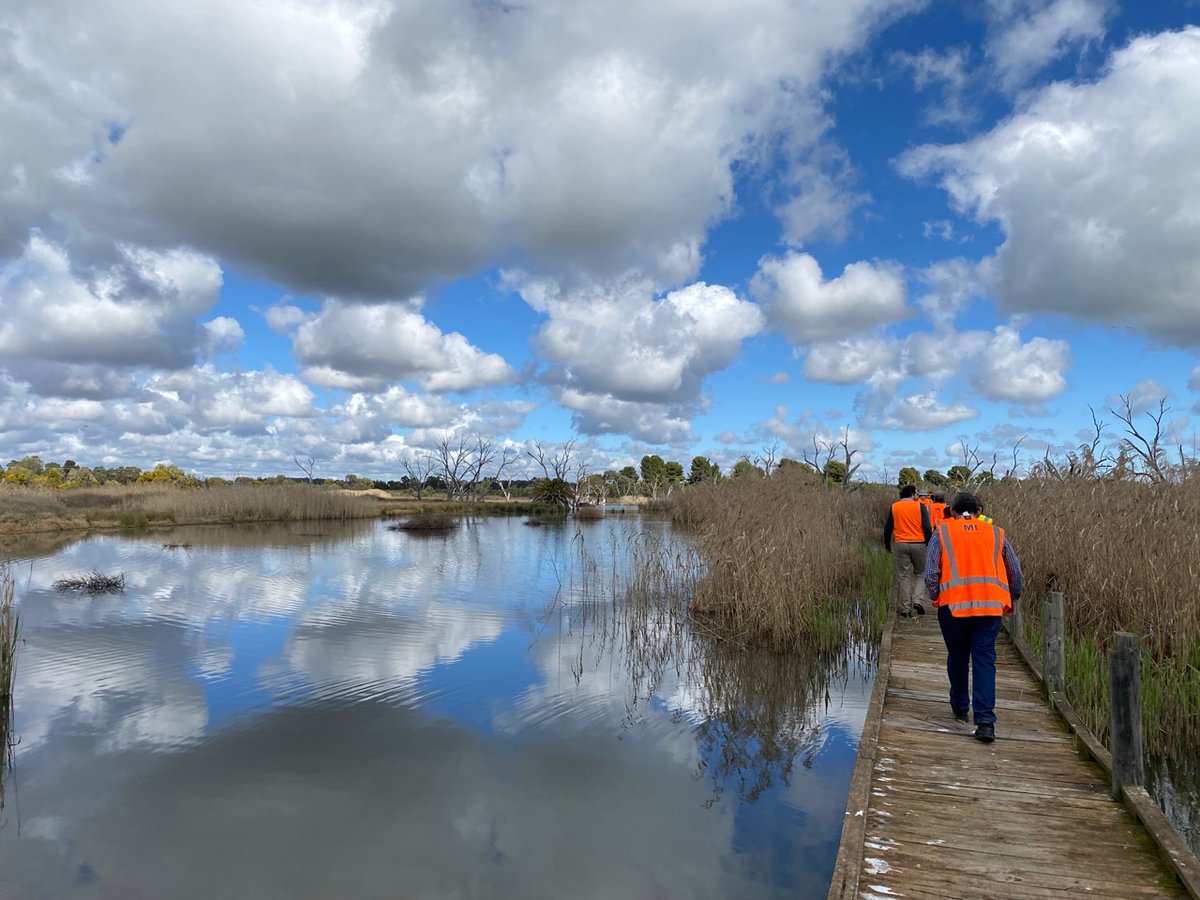
How a broader view of water deliveries ‘beyond the banks’ will inform planning for the common good
Read More
‘Filling a giant jigsaw’: How citizen science could boost dataflows on native fish and ecological outlooks
Read More

Webinar recording: Integrating citizen scientists into fish tagging programs in the Murray-Darling Basin
Read More
Griffith team
The background, experience and expertise of our people is critical to our success as we nurture the next generation of scientists and leaders in the basin.

Bernadette Torresan
Griffith Hub Manager, One Basin CRC

Miltone Kimori
PhD student, One Basin CRC

Wadu Mesthri Champika Sriyani Jayaweera
PhD Student, One Basin CRC
Contact us
Location
Research Station Rd, Hanwood NSW 2680

Bernadette Torresan
Griffith Hub Manager, One Basin CRC
If you have a question, enquiry or are interested in getting involved with the One Basin CRC’s Griffith projects, you can contact our Griffith Regional Hub Manager, Bernadette Torresan, via the enquiry form below.